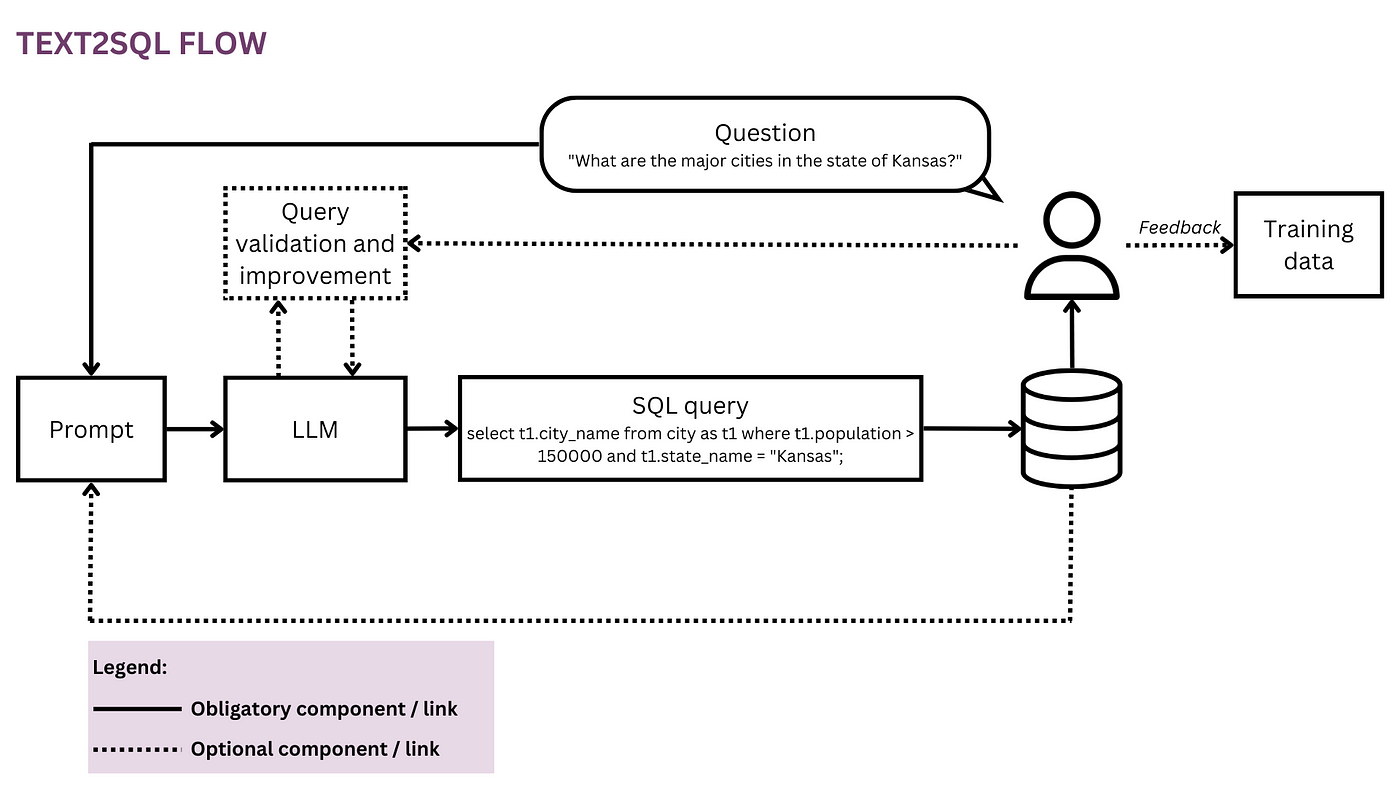


BERLIN - As the world has become more global and dynamic, businesses are ever-more dependent on data to make informed, objective, and timely decisions. However, as of now, unleashing the full potential of organizational data is often still a privilege of just a handful of data scientists and analysts. Most employees fail to master the conventional data science toolkit, which includes structured query language (SQL), Python, and R.
To access desired data, they must do so via an additional layer where analysts or business intelligence (BI) teams ‘translate’ the prose of business questions into the language of data. The potential for friction and inefficiency on this journey is high - the data might be delivered with delays or even when the question itself has already become moot. Information also might get lost along the way when requirements are not accurately translated into analytical queries.
Further, generating high-quality insights requires an iterative approach that is often discouraged with every additional step in the loop. Such ad hoc interactions also cause disruption for expensive data talents and distract them from more strategic data work, as described in these ‘confessions’ of a data scientist: “When I was at Square and the team was smaller, we had a dreaded ‘analytics on-call’ rotation. It was strictly rotated on a weekly basis, and if it was your turn up you knew you would get very little ‘real’ work done that week and spend most of your time fielding ad hoc questions from the various product and operations teams at the company (SQL monkeying, we called it). There was cutthroat competition for manager roles on the analytics team and I think this was entirely the result of managers being exempted from this rotation - no status prize could rival the carrot of not doing on-call work.”1

 Continue with Linkedin
Continue with Linkedin
 Continue with Google
Continue with Google







 991 views
991 views










